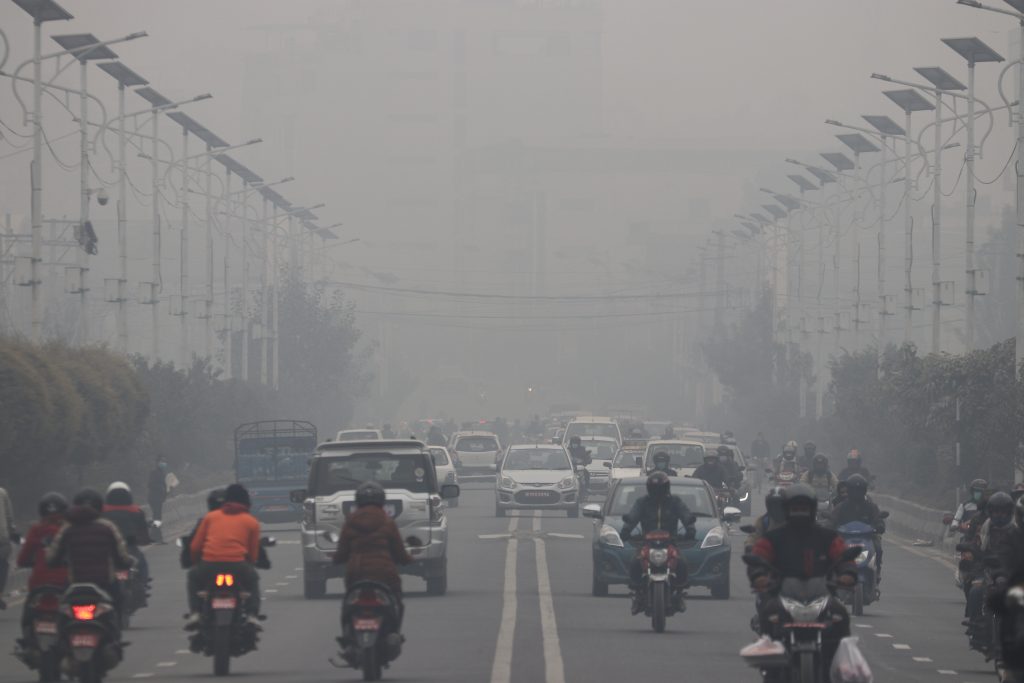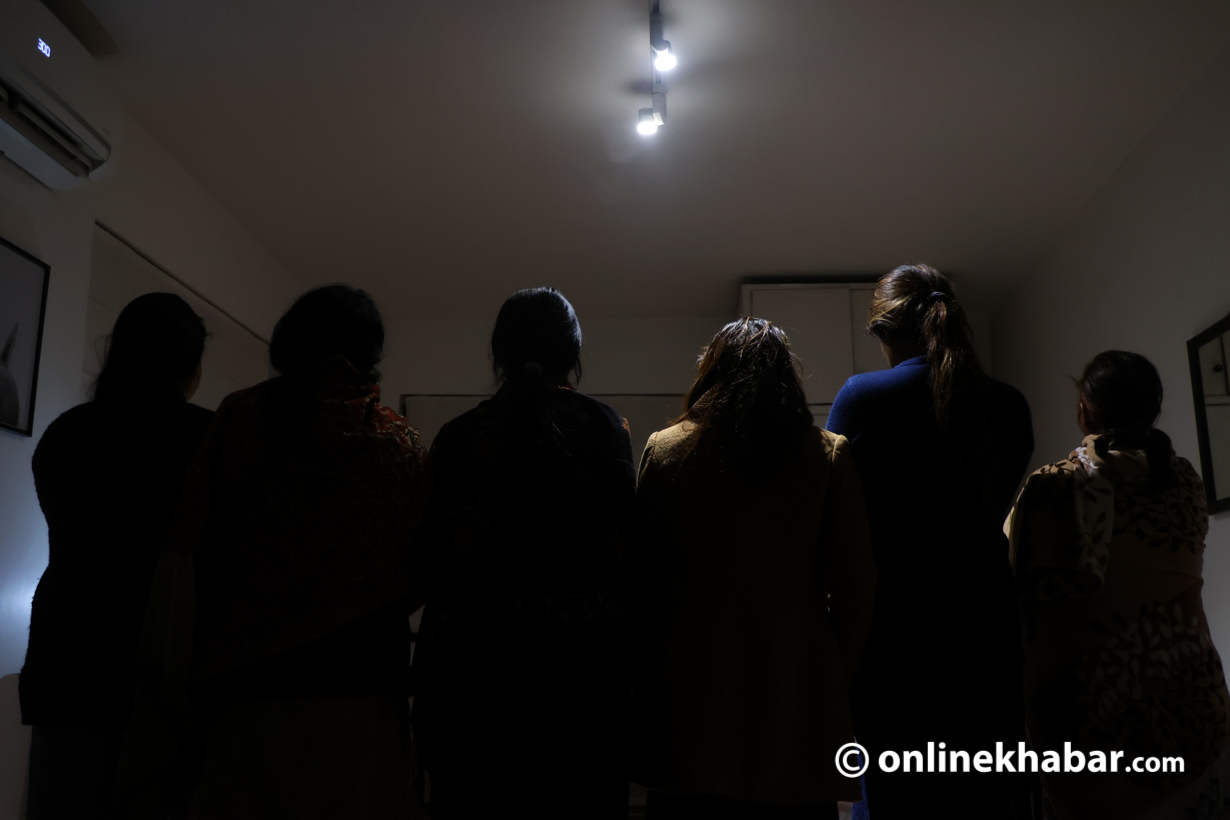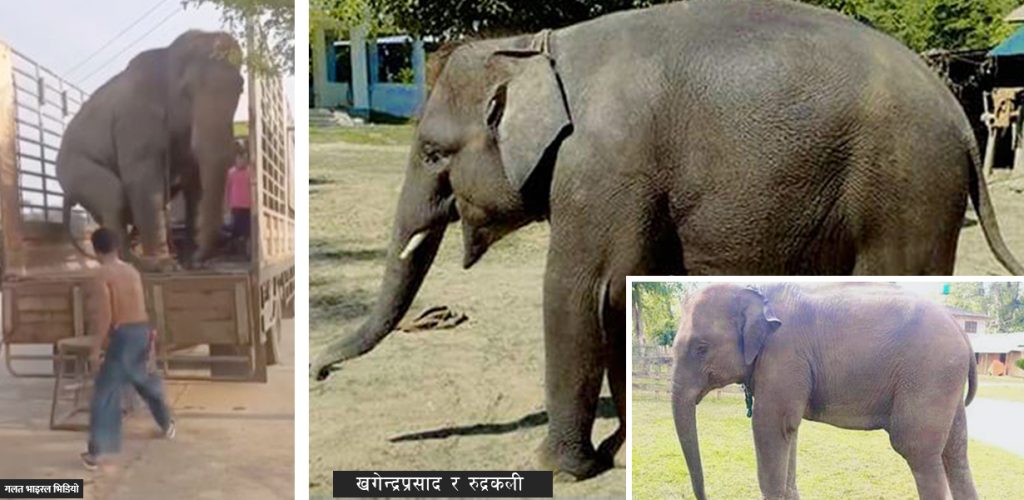Whether you’re sharing an amusing story down the pub, making a self-deprecating joke after someone pays you a compliment or telling a dark joke at a funeral, humour is everywhere. But what is it for? And can humour, as comedy, change how we feel, what we think or even what we do?
As an integral part of human interaction, humour has been on the minds of thinkers for centuries.
As Peter McGraw and Joel Warner explain in their recent book, The Humor Code: A global search for what makes things funny, “Plato and Aristotle contemplated the meaning of comedy while laying the foundations of Western philosophy… Charles Darwin looked for the seeds of laughter in the joyful cries of tickled chimpanzees. Sigmund Freud sought the underlying motivations behind jokes in the nooks and crannies of our unconscious.”
One of the most enduring theories of humour arrived courtesy of the philosopher Thomas Hobbes. It asserts that humour is ostensibly about mocking the weak and exerting superiority. While this is clearly the function of some comedy – anyone who has flinched at a comic’s lame attempt to poke fun at, for example, disability will attest to this – it’s a relentlessly bleak and far from complete explanation of the purpose of humour.
“My first thought when I think about humour is it’s a great way for us to have evolved so we don’t have to hit each other with sticks,” says Scott Weems, a cognitive neuroscientist and author.
Read also: Think ‘roast’ won’t come to Nepal? It’s here already, thanks to you know who
In his recent book, Ha! The science of when we laugh and why, Weems reviews a raft of academic studies. In the book, he posits a theory: Essentially, that humour is a form of psychological processing, a coping mechanism that helps people to deal with complex and contradictory messages, a “response to conflict and confusion in our brain”.
This, in part, he says, is why we laugh in response to dark, confusing or tragic events that, on the face of it, shouldn’t be funny at all. Why, for example, would jokes circulate after 9/11 if we weren’t collectively grasping for ways to parse how unsettling and disruptive it was? Humour that is in bad taste or cruelly targeted at particular groups may generate conflict, but, for Weems, humour is our way of working through difficult subjects or feelings.
***
Over the years, researchers have built a substantial body of evidence that some types of comedy – including sophisticated satire, which is growing in popularity – perform a potent social function, from breaking taboos to holding those in power to account.
Avner Ziv, who has written numerous books about humour, explores this theme extensively. As he writes in Personality and Sense of Humor, “comedy and satire possess a common denominator in that both try to change or reform society by means of humor. The two forms together constitute the best illustration there is of the social function of humor.”
For some comedians, it’s not just about getting laughs – it’s about changing what we think and maybe even what we do. If there’s one comic who really personifies this, it’s Josie Long. A social justice activist and a comedian, Long has a reputation for delightful, optimistic, whimsical humour and nimble storytelling. She’s been doing live comedy since her teens and her latest BBC radio show, Romance and Adventure, has been widely lauded.
However, as her career has evolved, she has consciously put social and political topics at the heart of her act. She believes that comedians have a role to play in articulating and challenging some of the most pressing issues of the day.
“Humour is a form of psychological processing, a coping mechanism that helps people to deal with complex and contradictory messages,” says Scott Weems, a cognitive neuroscientist and author. Photo: Wikimedia Commons. (Opener) A still from the movie ‘Wada no.6’; Courtesy: Aama Saraswoti Geeta Devi Films
“Politics can leave you beleaguered, plagued, miserable,” she says. “It’s that maxim where they say, ‘Satire is to afflict the comfortable and comfort the afflicted’. That’s why humour was important [to me]. It was a way to be useful for other people.” In her work, Long filters the political realities of contemporary Britain – especially what she sees as overt injustices by government – through humour.
It’s vital to understand the job comedy can do in actively providing a counterbalance to bigotry and prejudice, as well as understanding the types of humour that reinforce negative stereotypes, she says. “I want to make sure I’m punching up, not punching down.”
There is a “powerful place” both within the comedy spectrum and society, Long says, for the sort of audacious, disruptive and challenging observations of comics like John Oliver and Stewart Lee, who she admires. That they have a role in contemporary society beyond just making people laugh is undeniable; their work is evidence of the impact comedy can have more widely. “John Oliver is in a position where he has more people watching him than commentators,” she says.
Read also: The ‘Mars option’ for solving Nepal’s current problems
“I think it’s innate that if someone can make you laugh over what a mess everything is, then that person has not just earned your admiration but, on some level, has also earned your trust,” says John Fugelsang, a New York-based political comedian, writer and actor who hosts the radio show Tell Me Everything. In the case of the USA, he says, the comedy has had to get so good because the news has got so bad. “This could be the best time ever to be a political comedian, and they may be needed more than ever.”
The best comedians, he argues, are our most effective anthropologists and cultural critics. “Political comedy, when done right, is a delivery system for truth.”
***
Obviously, some comedy has no overt social goals at all – it’s not like the bulk of comedians are trying to change the world – but British comic Stephen K Amos, who has successful BBC Radio 4 programmes under his belt, contends that one of the singular properties of certain comedy “when done well” is the freedom to explore ideas in an unconventional or counterintuitive way, to subvert society’s norms.
The research backs this up. Although the role of comedy is to be entertaining first and foremost, through interviewing comedians, Sharon Lockyer, a sociology lecturer and the director of the Centre for Comedy Studies Research at Brunel University, has identified a number of possible other functions. These include challenging “stereotypes and dominant discourses that marginalise and stigmatise particular individuals”, for example in relation to disability and sexuality.
The best comedians, he argues, are our most effective anthropologists and cultural critics. “Political comedy, when done right, is a delivery system for truth.”
Amos’s work frequently tackles the issues of race and homosexuality by upending stereotypes. “I don’t do things for shock value,” he says. “I do stuff that matters to me.
“In the old days it was just about doing jokes. We’ve moved on – people are talking about things that matter.”
As an example of what comedy can do, Amos tells the story of a teenager who came up to him after a gig that featured Amos relaying his own tale of coming out as gay to his family. “The lad came up to me and went: ‘I’m here on my own… I think I’m gay and I’m going to tell my parents about it tonight.’” In another instance, a woman who brought her “very grumpy” dad to a gig told Amos that his set had made her father rethink his views on gay people.
“Oh my god, when you touch people on that level? What I’m doing is assisting you to release those chemicals in your body to make you laugh uncontrollably. And if that means challenging your preconceived ideas about who I am, great. We can run with that.”
Read also: The curious case of the moustache and the politicians who hide behind it
“Very often what comedians can do is use logic to make painful things make sense,” says John Fugelsang. “They can articulate complicated emotions and arguments by using jokes as a framing mechanism, when just existing in the heart unexamined can be murky and amorphous.”
When it comes to issues like social justice, “humour can be a social corrective,” he says. “It validates shared experiences, gets us to think more flexibly and reframe situations in this shared experience we call life.”
“It’s so fundamental to us,” says comic Jamie Masada. Masada, who migrated to America from Iran as a teenager, says with complete sincerity that if observing audiences night in, night out has taught him anything, it’s that comedy can have a profound impact on how we feel, and even how we act. “We need comedy like air to breathe.”
Masada’s ebullience could be read as self-serving (he does run comedy clubs after all), but that doesn’t mean he’s not on to something. For many comics there are profound mechanisms at play in their work, especially when the humour veers towards political and wider social issues.
“You should have a go!” he urges me, with a broad smile on his face. “Making someone laugh is the greatest power any human being can have!” He isn’t joking.
(A longer version of this article first appeared on Mosaic.)
***
Read also
2072: The year of comedies and performance-driven characters
Nepali comedies are doing well. But for how long can they sustain the industry?

























